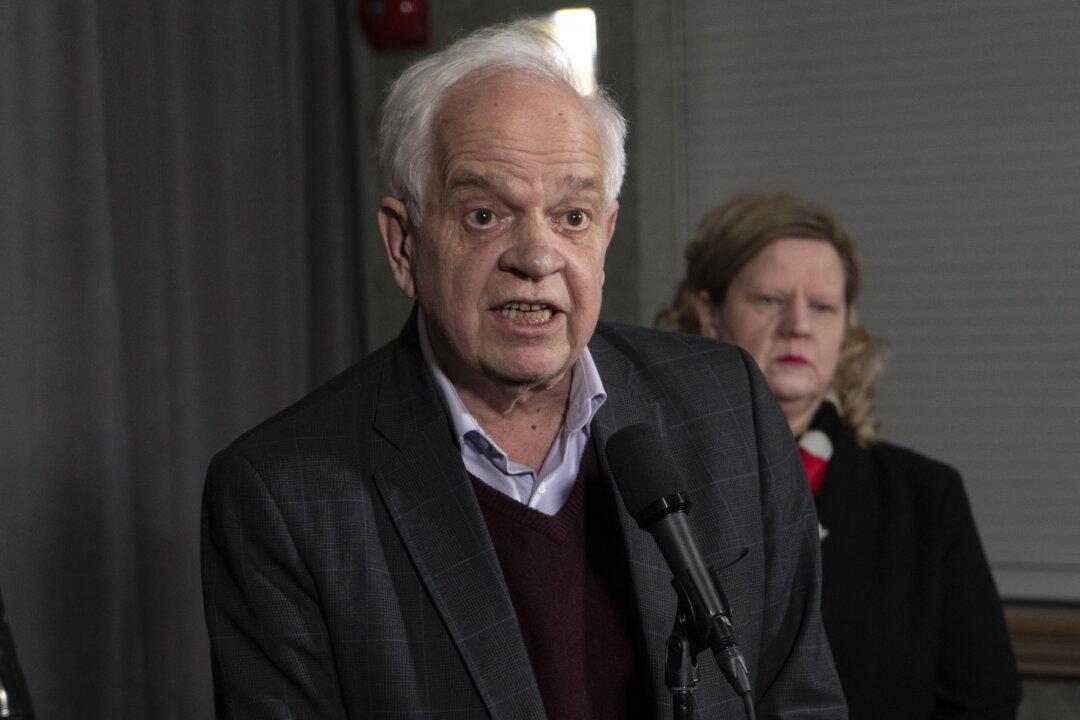News Analysis
TORONTO—As an old Chinese saying goes, “Spilled water is hard to retrieve.” This could be the lesson Canada’s China envoy is learning the hard way as he took back his comments made to Chinese media regarding the legal proceedings of Huawei executive Meng Wanzhou, whose arrest in Vancouver at the request of the United States has soured Canada-China relations.





